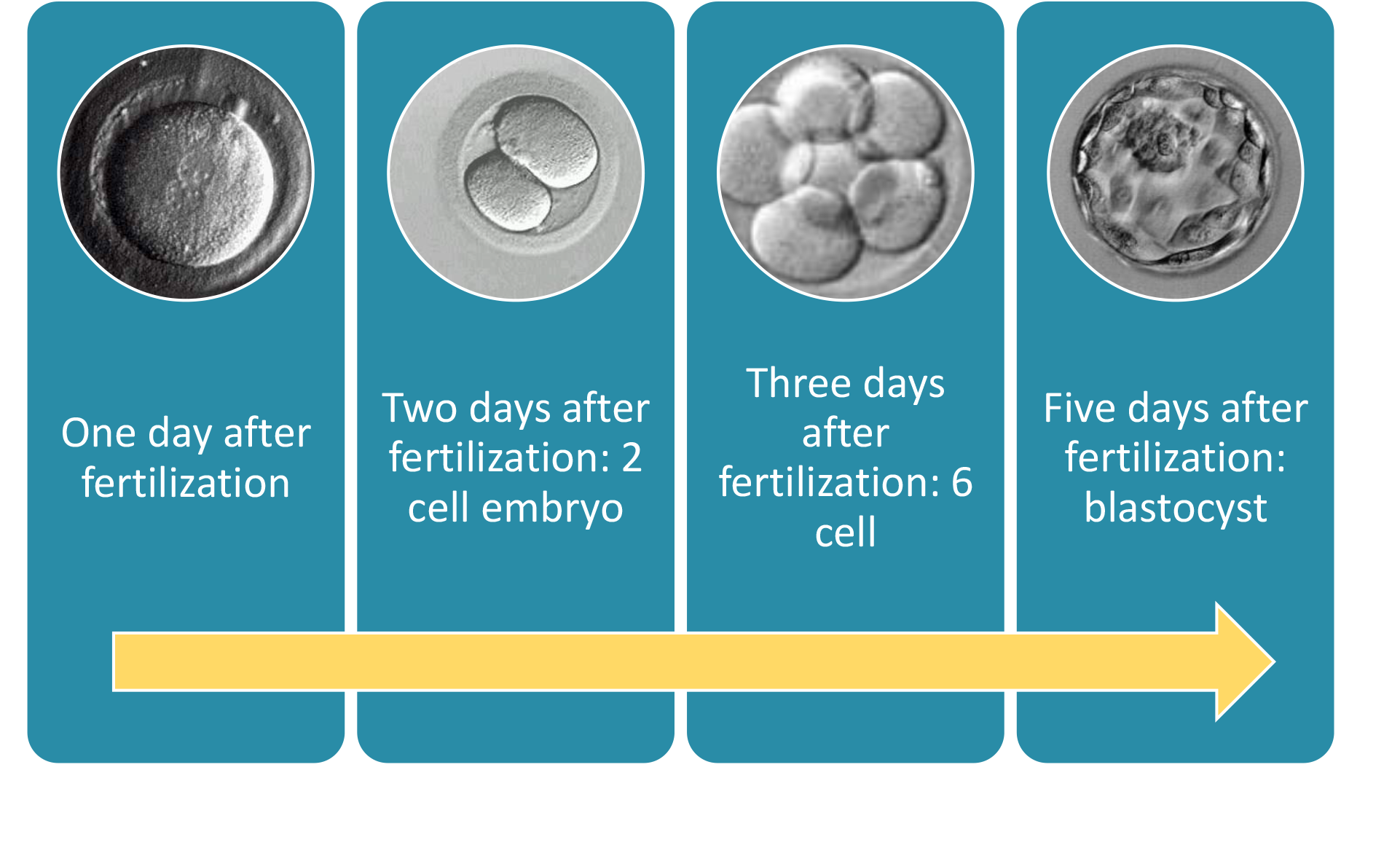Things about "Fertilizing Houseplants 101: Tips for Healthy Indoor Gardens"

Increasing Crop Yields: The Science Responsible for Fertilization
Fertilization plays a critical function in present day farming through dramatically raising plant yields. Along with a expanding international population and the demand to create even more meals, the scientific research behind fertilization has come to be significantly vital. This short article will certainly explore the several elements of fertilizing and how it boosts crop yields.
To recognize the scientific research responsible for fertilizing, it is important to initially comprehend the nutrients that plants need for ideal development. There are three main macronutrients that plants require in sizable amounts: nitrogen (N), phosphorus (P), and blood potassium (K). These macronutrients are typically recommended to as NPK and are necessary for vegetation development.
Nitrogen is an crucial part of amino acids, healthy proteins, and chlorophyll. It ensures leafy growth and enriches photosynthesis. Phosphorus is vital for power transmission within tissues, root growth, and bloom formation. Potassium helps regulate water motion within vegetations, boosts health condition resistance, and contributes to overall vegetation vitality.
In add-on to these macronutrients, there are likewise additional nutrients required in smaller sized amounts. These feature calcium (Ca), magnesium (Mg), and sulfur (S). Micronutrients such as iron (Fe), manganese (Mn), zinc (Zn), copper (Cu), molybdenum (Mo), nickel (Ni), boron (B) are likewise required for healthy plant development but in also much smaller amounts.
The soil's natural nutrient material may not constantly be ample to fulfill the requirements of plants. This is where fertilizers happen into play. Fertilizers offer extra nutrients to replace or muscle building supplement those naturally located in the ground.

There are actually two principal styles of plant foods: organic and synthetic. Organic fertilizers are acquired from natural sources such as creature manure, compost, or plant remains. This Author launch nutrients gradually over opportunity as they damage down in the soil. Man-made fertilizers, on the various other palm, are chemically formulated and give nutrients in a readily available form for plants to absorb.
The function of plant foods can easily be performed through a variety of techniques, including show, lace, and foliar spraying. Show involves spreading plant food equally over the entire area. Banding refers to placing the plant food in a concentrated band near the plant's root zone. Foliar spraying includes straight administering the fertilizer to the leave of absence of plants.
Time is also important when it comes to fertilization. Using plant foods at the best stage of plant development guarantees optimal nutrition uptake and application. For instance, nitrogen is often applied throughout time periods of active vegetative growth, while phosphorus is generally administered early in the expanding season to promote strong root progression.
Effective dirt testing is vital for calculating specific vitamins and mineral criteria and staying away from over or under-application of plant foods. Soil examples are evaluated in labs to evaluate nutrient amounts and pH equilibrium. This relevant information aids planters create informed decisions about which nutrients need to have supplements and in what quantities.
It's worth keeping in mind that too much use of fertilizers can have hazardous results on both crops and the environment. Nutrient overflow from areas can contaminate water resources and lead to eutrophication, causing harmful algal blooms that exhaust air levels in water communities.
To alleviate these dangers, precision farming techniques are being worked with through planters worldwide. These approaches involve utilizing sophisticated modern technologies such as GPS guidance devices, distant feeling, and changeable fee function tools to apply fertilizers extra accurately located on crop needs.
In verdict, understanding the science behind fertilization is crucial for increasing plant yields sustainably. Through giving crucial nutrients that vegetations need to have for growth and development, farmers can easily make the most of their performance while lessening ecological effect. With suitable ground testing, exact app strategies, and adopting accuracy horticulture approaches, we can ensure that our farming strategies contribute positively in the direction of feeding a increasing international population without weakening our organic sources
